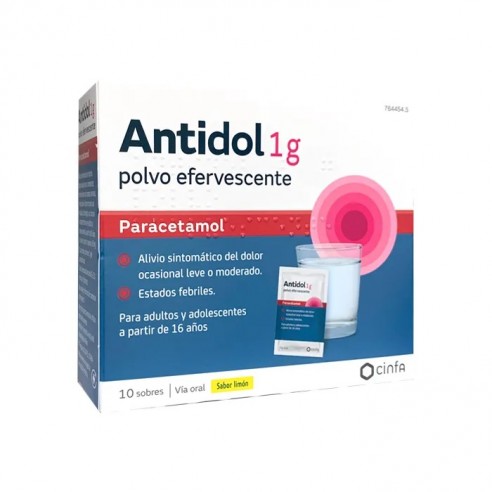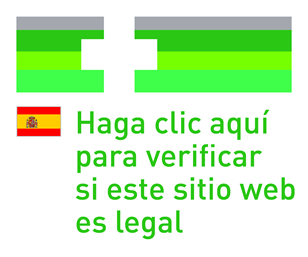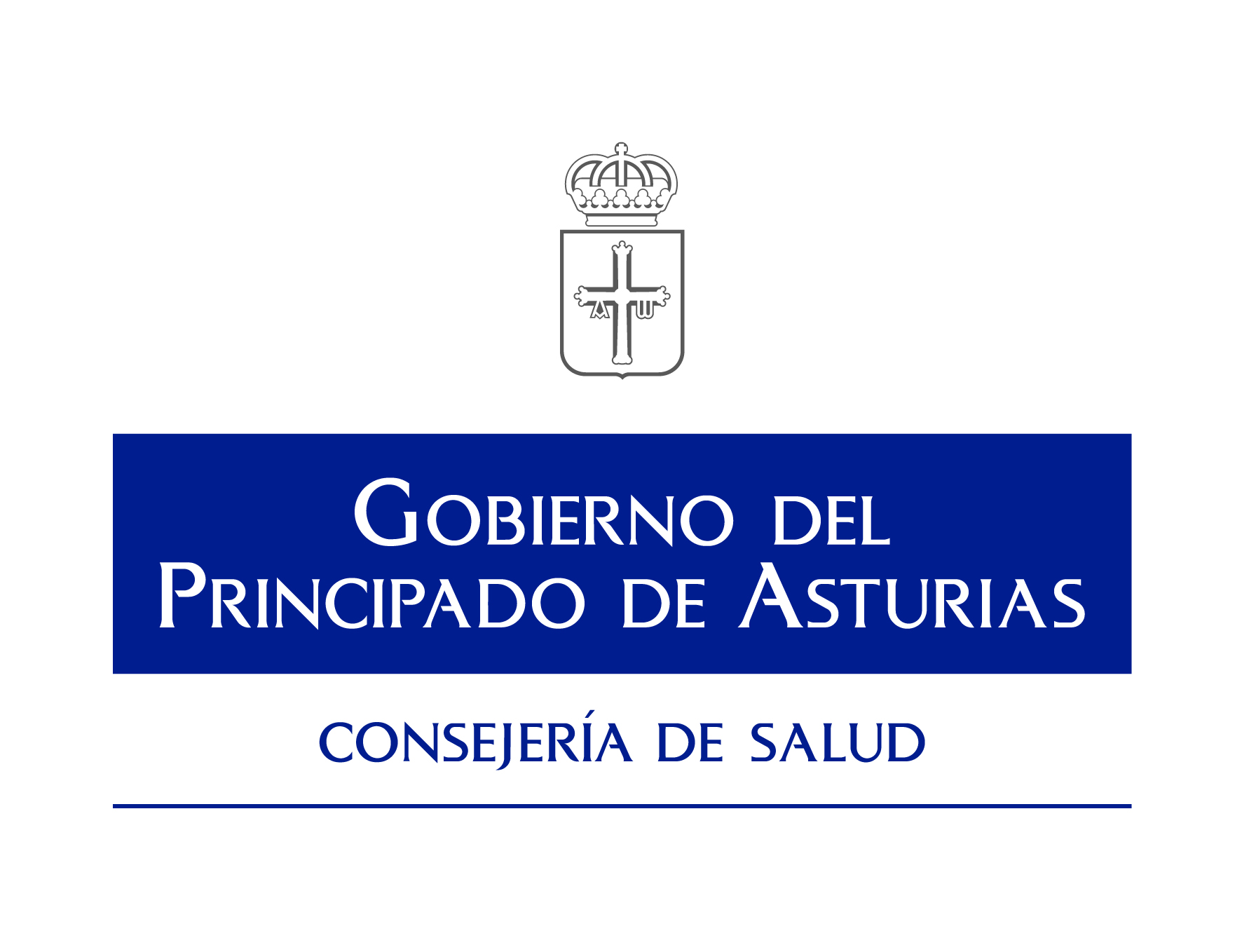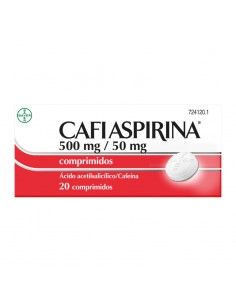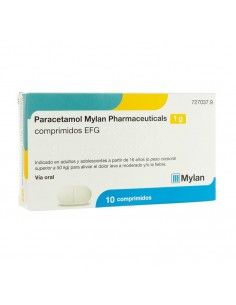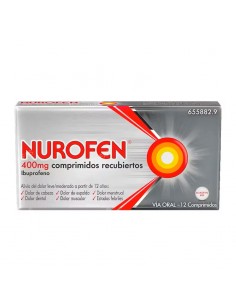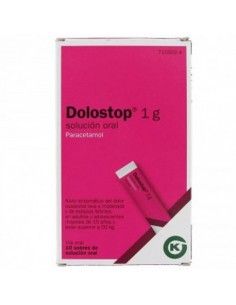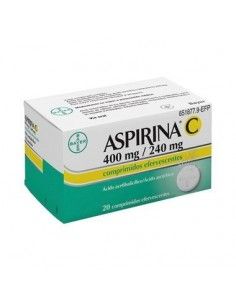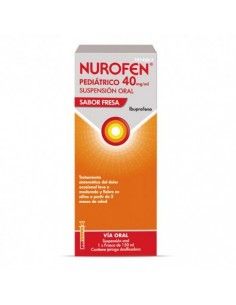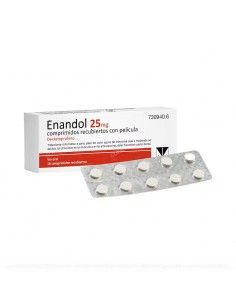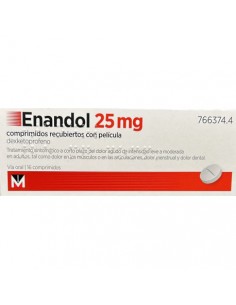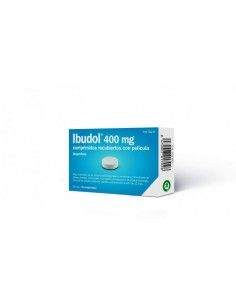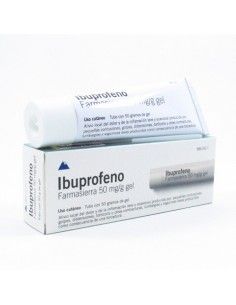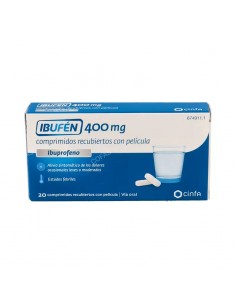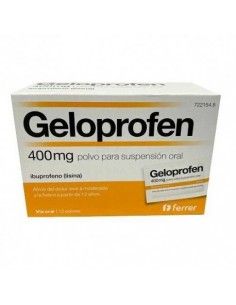Antidol 1 g Effervescent Powder 10 Sachets
Read all of this leaflet carefully before you start taking this medicine because it contains important information for you.
Follow the instructions for taking the medicine exactly as described in this leaflet or as directed by your doctor, pharmacist or nurse.
Keep this leaflet, as you may need to read it again.
If you need advice or further information, ask your pharmacist.
If you experience side effects, please tell your doctor, pharmacist or nurse, even if they are not listed in this leaflet. See section 4.
You should consult a doctor if symptoms worsen or if fever persists for more than 3 days or pain for more than 5 days.
Contents of the package leaflet
1. What Antidol is and what it is used for
2. What you need to know before you start taking Antidol
3. How to take Antidol
4. Possible side effects
5. Storage of Antidol
6. Contents of the pack and additional information
What Antidol is and what it is used for
This medicine contains paracetamol. Paracetamol is effective in reducing pain and fever.
It is used for the relief of occasional mild to moderate pain, such as headache, dental pain, muscle pain (contractures) or back pain (lumbago) and in febrile states, in adults and adolescents over 15 years of age and weighing more than 50 kg.
2. What you need to know before you start taking Antidol
Do not take Antidol
If you are allergic to paracetamol or any of the other ingredients of this medicine (listed in section 6).
Warnings and precautions
Consult your doctor, pharmacist or nurse before you start taking Antidol.
Do not take more of the medicinal product than recommended in section 3. How to take Antidol.
Concomitant use of this medicine with other medicines containing paracetamol, e.g. cold and flu medicines, should be avoided, as high doses may result in liver damage. Do not use more than one medicine containing paracetamol without consulting a doctor.
Chronic alcoholics should be careful not to take more than 2 g/in 24 hours of paracetamol.
Patients with kidney, liver, heart or lung disease and patients with anaemia (decreased haemoglobin level in the blood, whether or not caused by a decrease in red blood cells), or patients suffering from chronic malnutrition or dehydration, should consult a doctor before taking this medicine.
When being treated with a medicine to treat epilepsy, a doctor should be consulted before taking this medicine, because when used at the same time, the efficacy is reduced and the hepatotoxicity of paracetamol is enhanced, especially in treatments with high doses of paracetamol.
Asthmatic patients sensitive to acetylsalicylic acid should consult a doctor before taking this medicine.
Children and adolescents
Due to the dosage, the use of this medicine is not indicated in children and adolescents under 15 years of age or weighing less than 50 kg.
Other medicines and Antidol
Tell your doctor or pharmacist if you are taking, have recently taken or may take any other medicines.
In particular, if you are using any of the following medicines, as the dose of some of them may need to be changed or the treatment discontinued:
Medicines to prevent blood clots: oral anticoagulants (acenocoumarol, warfarin).
Medicines to treat epilepsy: Antiepileptics (lamotrigine, phenytoin or other hydantoins, phenobarbital, methylphenobarbital, primidone, carbamazepine).
Medicines to treat tuberculosis: (isoniazid, rifampicin).
Medicines to treat depression and seizures: Barbiturates (used as hypnotics, sedatives and anticonvulsants).
Medicines to lower blood cholesterol levels: (cholestyramine).
Medicines used to increase urine output (loop diuretics such as furosemide group).
Medicines used for the treatment of gout (probenecid and sulfinpyrazone).
Medicines used to prevent nausea and vomiting: Metoclopramide and domperidone.
Medicines used in the treatment of high blood pressure (hypertension) and heart rhythm disturbances (cardiac arrhythmias): Propranolol.
Also tell your doctor or pharmacist if you are taking:
Flucloxacillin (antiobiotic), because of a serious risk of blood and fluid disturbance (metabolic acidosis with high anion imbalance) which must be treated urgently and which may occur particularly in case of severe renal failure, sepsis (when bacteria and their toxins circulate in the blood resulting in organ damage), malnutrition, chronic alcoholism and if maximum daily doses of paracetamol are used.
Do not use with other analgesics (pain relievers) without consulting a doctor.
As a general rule for any medicine, it is advisable to systematically inform the doctor or pharmacist if you are being treated with another medicine. In case of treatment with oral anticoagulants it can be administered occasionally as analgesic of choice.
Interference with analytical tests
If you are going to have any analytical test (including blood tests, urine tests, etc...) tell your doctor that you are taking this medicine, as it may alter the results.
Paracetamol may alter the values of uric acid and glucose tests.
Use of Antidol with food, drinks and alcohol
The use of paracetamol in patients who regularly consume alcohol (three or more alcoholic drinks per day - beer, wine, spirits...per day) may cause liver damage.
Taking this medicine with food does not affect the efficacy of the medicine.
Pregnancy, breast-feeding and fertility
If you are pregnant or breast-feeding, think you may be pregnant or intend to become pregnant, consult your doctor or pharmacist before using this medicine.
The use of medicines during pregnancy may be dangerous for the embryo or foetus and should be monitored by your doctor.
Paracetamol passes into breast milk, so breast-feeding women should consult their doctor or pharmacist before taking this medicine.
Driving and use of machines
Paracetamol has no or negligible influence on the ability to drive and use machines.
Antidol contains propylene glycol (E-1520), sodium and azorubine (E-122).
This medicine contains 88.7 mg of propylene glycol in each sachet.
This medicine contains less than 23 mg of sodium (1 mmol) per sachet, i.e. essentially ‘sodium-free’.
This medicine may cause allergic reactions because it contains azorubine. It may cause asthma, especially in patients allergic to acetylsalicylic acid.
3. How to take Antidol
Take Antidol exactly as directed in this leaflet or as directed by your doctor. If you are in any doubt, ask your doctor or pharmacist.
The recommended dose is:
Adults and adolescents over 15 years of age and weighing more than 50 kg:
Take 1 g of paracetamol (1 sachet) every 6-8 hours, 3 times a day. Do not take more than 3 g of paracetamol (3 sachets) in 24 hours.
Always take the lowest dose that is effective.
The use of this medicine is subject to the onset of pain or fever. As these disappear, treatment should be discontinued.
High daily doses of paracetamol should be avoided for prolonged periods of time as this increases the risk of adverse effects such as liver damage.
If pain persists for more than 5 days, fever for more than 3 days, or if pain or fever worsen or other symptoms appear, you should stop treatment and consult your doctor.
For sore throat, do not take the medicine for more than 2 days in a row without consulting your doctor.
Patients with kidney disease:
This medicine does not conform to the dosage recommendation for these patients.
Patients with liver disease:
You should consult your doctor before you start taking this medicine.
They should take the amount of medicine prescribed by their doctor with a minimum interval of 8 hours between each dose.
They should not take more than 2 g of paracetamol (2 sachets) in 24 hours, spread over several doses.
How it is administered
This medicine is taken orally.
The contents of the sachet can be taken directly or diluted in a liquid, preferably water. Once the sachet has been opened, consume the entire contents.
If you take more Antidol than you should
You should consult your doctor or pharmacist immediately. In case of overdose or accidental ingestion, go immediately to a medical centre or call the Poisons Information Service, telephone 91 562 04 20, indicating the medicine and the quantity taken.
Symptoms of overdose may include: dizziness, vomiting, loss of appetite, yellowing of the skin and eyes (jaundice) and abdominal pain.
If you have taken an overdose, you should go to a medical centre immediately even if you do not notice symptoms, as symptoms often do not appear until 3 days after ingestion of the overdose, even in cases of severe poisoning.
Treatment of overdose is most effective if started within 4 hours of ingestion.
Patients on barbiturates or chronic alcoholics may be more susceptible to toxicity from an overdose of paracetamol.
If you forget to take Antidol
Do not take a double dose to make up for a forgotten dose.
4. Possible side effects
Like all medicines, this medicine can cause side effects, although not everybody gets them.
Rare side effects that may affect up to 1 in 1,000 people include: malaise, low blood pressure (hypotension) and increased levels of transaminases in the blood.
Very rare side effects that may affect up to 1 in 10,000 people are: Kidney disease, cloudy urine, allergic dermatitis (skin rash), jaundice (yellowing of the skin), blood disorders (agranulocytosis, leukopenia, neutropenia, haemolytic anaemia) and hypoglycaemia (low blood sugar) and severe skin reactions.
Paracetamol can damage the liver when taken in high doses or in prolonged treatment.
Reporting side effects
If you experience any side effects, please tell your doctor or pharmacist, even if they are not listed in this leaflet. You can also report them directly to the Spanish Pharmacovigilance System for Medicinal Products for Human Use: www.notificaRAM.es.
By reporting side effects you can help to provide more information on the safety of this medicine.
5. Storage of Antidol
Keep out of the sight and reach of children.
No special storage conditions are necessary.
Do not use this medicine after the expiry date which is stated on the carton after ‘EXP’. The expiry date is the last day of the month indicated.
Medicines should not be flushed down the drain or thrown away. Please dispose of unneeded medicines and containers at the SIGRE Point at the pharmacy. If in doubt, ask your pharmacist how to dispose of unneeded medicine containers and medicines. In this way you will help to protect the environment.
6. Package contents and additional information
Composition of Antidol
The active substance is paracetamol. Each sachet contains 1 g of paracetamol.
The other ingredients are: macrogol 400, glycerol (E-422), saccharin sodium, strawberry flavouring, raspberry flavouring (contains propylene glycol (E-1520)), flavour masking agent (azorubin (E-122)) and purified water.
Antidol appearance and pack contents
Oral solution, translucent red in colour, free of suspended particles and with a characteristic strawberry/raspberry odour.
Each pack contains 10 sachets of 10 ml solution each, packed in single-dose sachets of PET/ALU/PET/PET/PE complex.
Marketing authorisation holder
Laboratorios Cinfa, S.A.
Carretera Olaz-Chipi, 10. Polígono Industrial Areta
31620 Huarte (Navarra) - Spain
Responsible for manufacturing
Farmalider, S.A.
C/Aragoneses, 2
28108 Alcobendas, Madrid - Spain
o
Edefarm, S.L
Polígono Industrial Enchilagar del Rullo, 117
46191, Villamarchante, Valencia - Spain
o
Laboratorios Cinfa, S.A.
Carretera Olaz-Chipi, 10. Polígono Industrial Areta
31620 Huarte (Navarra) - Spain
Date of last revision of this package leaflet: January 2022
Detailed and updated information on this medicinal product is available on the website of the Spanish Agency for Medicinal Products and Health Products (AEMPS) http://www.aemps.gob.es/

